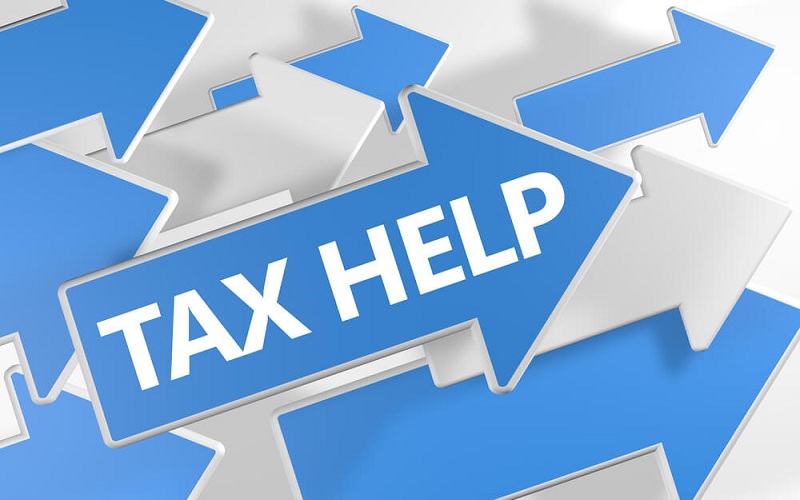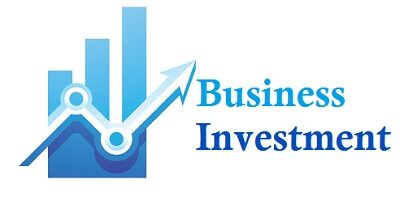
The Organized Taxpayer: Mastering Your Finances for Smarter Tax Planning
Key Takeaways
- Understanding the basics of tax planning and its benefits.
- Practical tips for organizing and simplifying your tax-related documents.
- Technological tools and software that assist in efficient tax planning.
Tax planning may seem like a complex and daunting aspect of personal finance, but it’s a critical practice that can have significant long-term benefits. By gaining a solid foundational understanding of taxation, you can make informed decisions that may help you legally minimize your tax liability and maximize potential refunds. As technology advances, various software options have emerged to aid this process, but choosing the right one can make a huge difference.
Grasping the Basics of Tax Planning
Tax planning involves analyzing one’s financial situation from a tax perspective to ensure tax efficiency. Through tax planning, elements of the economic plan are coordinated in the most tax-efficient manner possible. Consequently, the elements that can affect the overall tax situation, such as the timing of income, purchases, and the planning for other expenditures, are orchestrated with the tax impact in mind. Understanding these basic principles is crucial for the individual taxpayer and businesses. Keeping up to date with the tax code can inform decisions such as when to sell an asset or how to structure an investment portfolio in a manner that is aligned with new or existing tax laws.
Importance of Keeping Organized Financial Records
An essential aspect of effective tax planning is the organization of financial records. By consistently documenting and storing receipts, tax documents, and other financial records, one can streamline the process of filing taxes and ensure that all eligible deductions are identified and utilized. Keeping clean, well-organized records saves time and guards against the stress and panic that often accompany the approach of tax deadlines. Furthermore, in the event of an audit, having readily accessible documentation can resolve questions and issues quickly. It is advisable to develop a system for organizing these documents, whether digitally or physically, and stick to the system throughout the year.
Choosing the Right Tax Software for You
The market offers various tax software that cater to different needs, from simple personal filings to more complex business and investment situations. When choosing tax software, consider factors such as your income level, the complexity of your tax situation, whether you own property or have various income streams, and whether you’re comfortable carrying out the tax filing process independently. A capable software can assist users in uncovering deductions and credits they might otherwise miss. With detailed guides and resources built into platforms, such as Turbo Tax, users can access a wealth of knowledge that can help navigate the tax season more quickly and confidently.
How Technology Simplifies Tax Planning
Technology has transformed tax planning from a paper-laden, tedious process into a more streamlined and manageable task. Contemporary tax software computes deductions, updates tax codes automatically, and even provides scenario planning tools to assist users in understanding the possible tax ramifications of confident financial choices. Automated error checks are another benefit that reduces the likelihood of miscalculations, common in manual processing. Furthermore, e-filing options offered by these software tools help ensure quick and secure transmission of tax returns, leading to faster refunds and less paperwork.
Maximizing Deductions and Credits
Intelligent tax planning includes ensuring you take advantage of all the tax deductions and credits you’re entitled to. Examples include education-related deductions, homeowner deductions like mortgage interest, and even deductions for energy-efficient home improvements. You don’t want to leave money on the table by overlooking these opportunities. Remaining vigilant about changes in the tax code is also imperative, as new deductions and credits can emerge while others may expire. Consulting tax guidelines issued by the IRS and using comprehensive tax software are effective strategies for maximizing these tax benefits.
Adapting to Tax Law Changes
Tax legislation changes frequently, and keeping pace with these changes is vital. Staying informed helps you adjust your tax planning strategies to take advantage of the alterations in the tax landscape. Numerous resources exist to remain updated, sharing updates and guidance related to federal tax matters. Being proactive and adapting to changes can result in substantial tax savings and avoid any pitfalls that may arise due to a lack of knowledge.
Navigating Self-Employment and Taxes
Self-employed individuals face unique tax challenges, ranging from varied income streams to the intricacies of business deductions. Such entities may have to manage estimated quarterly taxes and self-employment taxes and can often deduct business expenses from their taxable income. Understanding these nuances is critical and may require more sophisticated tax software or the guidance of a tax professional. Nonetheless, self-employment offers a variety of tax strategies that, when properly employed, can significantly lower tax obligations.
Charitable Contributions and Tax Planning
Charitable contributions can positively affect your tax returns, allowing you to support the causes you believe in and enjoy the associated tax deductions. However, specific rules for tax deductions relating to charitable giving must be followed. These include providing proof of the gift and ensuring contributions to qualifying organizations. Understanding these rules can lead to strategic giving patterns that benefit both the donor and recipient and potentially reduce your tax liability.
Consulting With Tax Professionals
When tax situations become exceptionally complex, the expertise of a tax professional is invaluable. Specialists can offer guidance tailored to individual circumstances, navigating areas of the tax code that the average taxpayer might need to become more familiar with. They can contribute insights beyond what tax software can provide, such as strategic planning for significant financial events, handling inheritance situations, or dealing with taxation in multi-state scenarios. While tools and software can be excellent for straightforward tax filings, having a professional on your side can lead to even more savings and a clearer understanding of your tax obligations.


